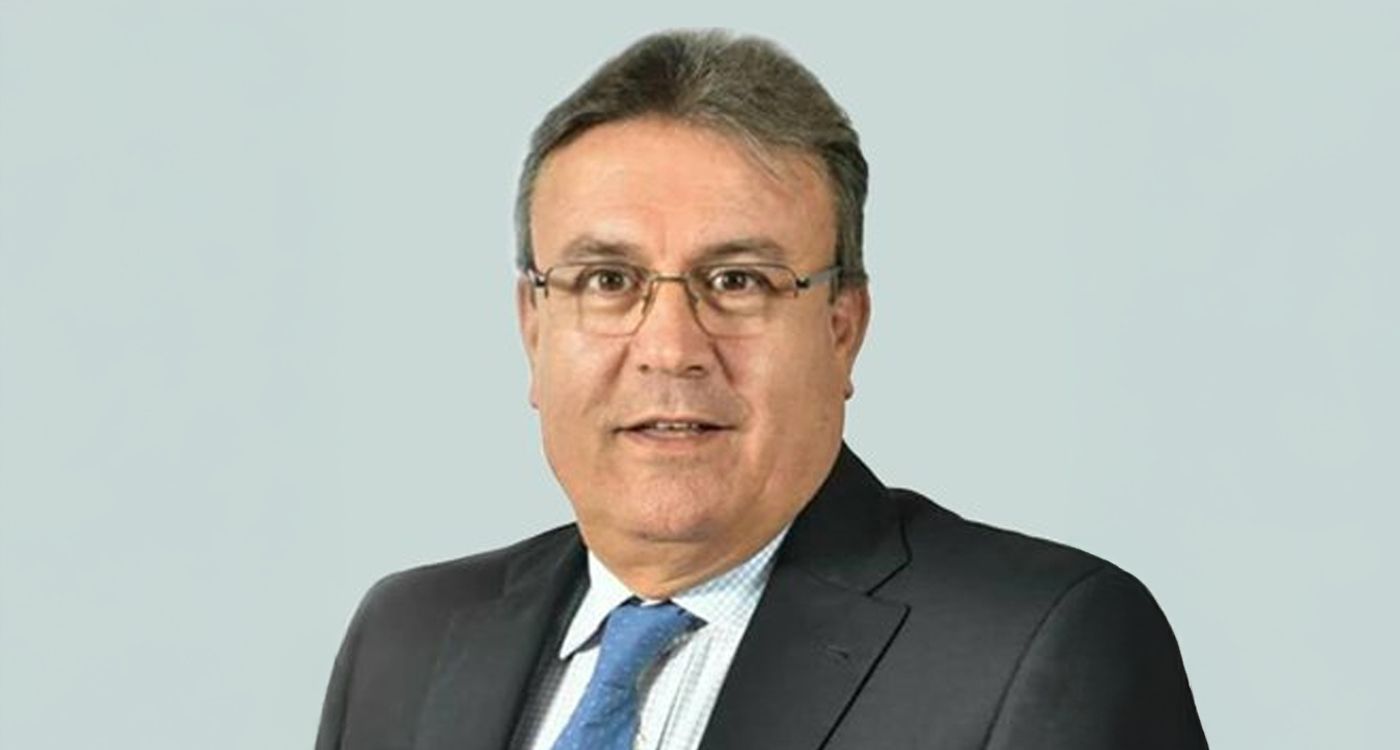
Retired private school teachers were supposed to receive salaries at nine times their previous value. However, since these schools have failed to pay their dues to the Compensation Fund, the retirees will be paid their old salaries at the end of this month.
This dire situation prompted the Teachers' Syndicate President, Nehme Mahfoud, to raise his voice once again. Speaking to This is Beirut, Mahfoud stated, "Unfortunately, private institutions have not adhered to the agreement reached at the last meeting at the Ministry of Education. They have pushed us toward escalation in defense of retired teachers. It is unacceptable, on a humanitarian level, to leave people who served these institutions for over 40 years, to their grim fate, without assistance."
Mahfoud added, "Institutions had committed during the last meeting to pay their dues even if the decree was delayed. But they have failed to meet their obligations. We are now approaching the holidays and are a year removed from the devastating crisis – this is unacceptable. It compels us to take measures we do not want to take, especially as we are keen to preserve the academic year under these circumstances. We were among the first to advocate for reopening schools in safe areas and educating the children of displaced individuals, but not at the expense of retired teachers."
During a press conference at the syndicate's headquarters, Mahfoud held caretaker Prime Minister Najib Mikati, the minister of education and Father Youssef Nasr responsible for the plight of retired teachers, who, according to him, have gone five years without salaries.
Mahfoud issued private schools a one-week ultimatum to settle their dues to the fund, expressing astonishment at the deduction of dues from teachers’ October and November salaries without remittance to the fund.
This crisis is not new. The issue of the Compensation Fund has been a recurring concern raised by the Teachers' Syndicate since the onset of the economic crisis and Mahfoud’s re-election. The fund lost its bank assets and has been operating under outdated compensation scales for years.
Despite repeated requests for a financial advance to cover the deficit, the government has not responded. Last year, Mikati rejected a law aimed at bolstering the fund, resulting in a significant shortfall. To address this, financing is urgently needed, either through a financial advance or increased deductions and contributions from schools and teachers' salaries.
But given the state's lack of attention to retired teachers, it is likely to disregard the plight of in-service teachers and their future compensation as well. The Teachers' Syndicate has long been advocating for the fund’s sustainability, to no avail.
Are we headed toward another strike, as the syndicate suggests? Is the academic year once again at risk? Could this be yet another crisis added to Lebanon's already extensive list of challenges?



Comments